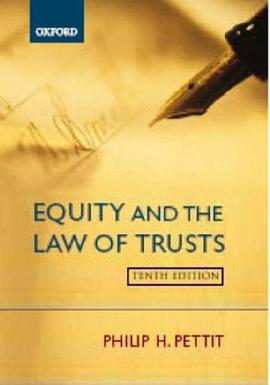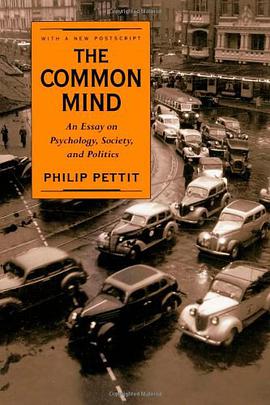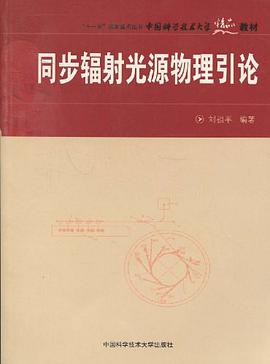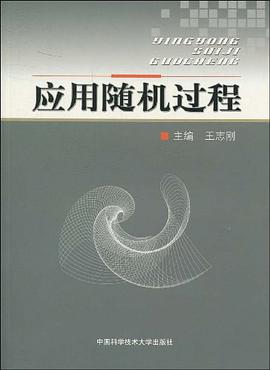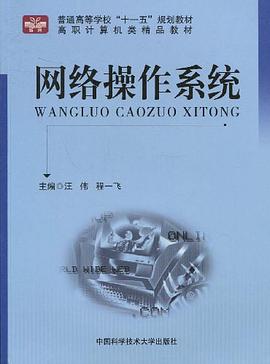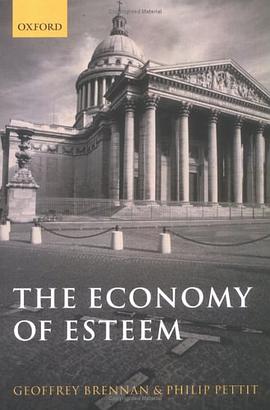

However much people want esteem, it is an untradable commodity-- there is no way that you can buy the good opinion of another or sell to others your good opinion of them. And yet esteem is allocated in society according to systematic determinants: people's performance, publicity, and presentation relative to others will help to fix how much esteem they enjoy and how much disesteem they avoid. In turn, rational individuals are bound to compete with one another, however tacitly, in the attempt to increase their chances of winning esteem and avoiding disesteem. And this competition shapes the environments in which they each pursue esteem, setting relevant comparators and benchmarks, and determining the cost that a person must bear for obtaining a given level of esteem. Hidden in the multifarious interactions and exchanges of social life, then, there is a quiet force at work -- a force as silent and powerful as gravity -- which molds the basic form of people's relationships and associations. This force was more or less routinely invoked in the writings of classical theorists like Aristotle and Plato, Locke and Montesquieu, Mandeville and Hume and Madison. Although Adam Smith himself gave it great credence, however, the rise of economics proper coincided with a sudden decline in the attention devoted to the economy of esteem. What had been a topic of compelling interest for earlier authors fell into relative neglect throughout the nineteenth and twentieth centuries. This book is designed to reverse the trend. It begins by outlining the psychology of esteem and the way the working of that psychology can give rise to an economy. It then shows how a variety of social patterns that are otherwise anomalous come to make a lot of sense within an economics of esteem. And it looks, finally, at the ways in which the economy of esteem may be reshaped to improve overall social outcomes. While making connections with older patterns of social theorising, it offers a novel orientation for contemporary thought about how society works and how it may be made to work. It puts the economy of esteem firmly on the agenda of economics and social science and of moral and political theory.
具体描述
读后感
用户评价
相关图书
本站所有内容均为互联网搜索引擎提供的公开搜索信息,本站不存储任何数据与内容,任何内容与数据均与本站无关,如有需要请联系相关搜索引擎包括但不限于百度,google,bing,sogou 等
© 2025 onlinetoolsland.com All Rights Reserved. 本本书屋 版权所有



